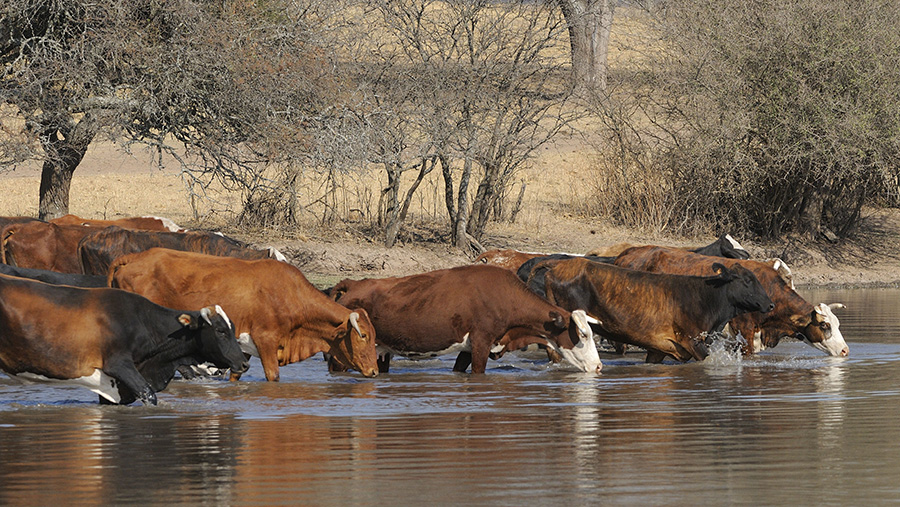Amazon protest vote threatens massive EU-South America trade deal
 © FLPA/REX/Shutterstock
© FLPA/REX/Shutterstock The EU’s controversial trade deal with South America’s economic bloc has been thrown into doubt after Austrian MPs demanded a veto.
The MPs voted to force their government to block the deal in protest at the rising deforestation to create more farmland in the Amazon region.
See also: Farmer anger as EU plans to open door to South American beef
As well as other products, the proposed deal, announced in June, included a commitment to reduce tariffs on thousands of tonnes of agricultural imports.
The plan was to import 99,000t/year of beef from Brazil, Argentina, Uruguay and Paraguay, which make up the Southern Common Market (Mercosur) trade bloc.
Under the proposals, beef would be imported at a lower tariff rate, or tariff rate quota (TRQ), of about 7.5% for fresh and chilled product. The EU also aimed to offer Mercosur TRQs for poultry, sugar, ethanol, eggs, pork and sheepmeat.
In return, EU member states wanted to be allowed to send dairy products to Mercosur countries at a lower tariff.
But the agreement sparked fury among EU farmers, who feared the influx of cheap food would undermine prices.
The Irish Farmers Association staged protests outside the EU Commission office in Dublin, accusing Brussels of a sell-out.
At that time, NFU international trade adviser Tori Morgan said the deal would expose high-quality British beef to unfair competition from meat produced with lower standards and costs.
“Even though the quota is for hormone-free beef, it will not be produced to our much higher quality, welfare and environmental standards,” Ms Morgan said.
“We are calling on the EU Commission to grant beef, sugar and poultrymeat sensitive status to allow us to trade on equal terms.”
What is a tariff rate quota?
Tariff rate quotas exist within a wider tariff regime.They allow a lower import tariff to be applied to a specified quantity of a product, usually as part of a reciprocal deal. Any product traded above that quantity continues to attract the higher rate.
